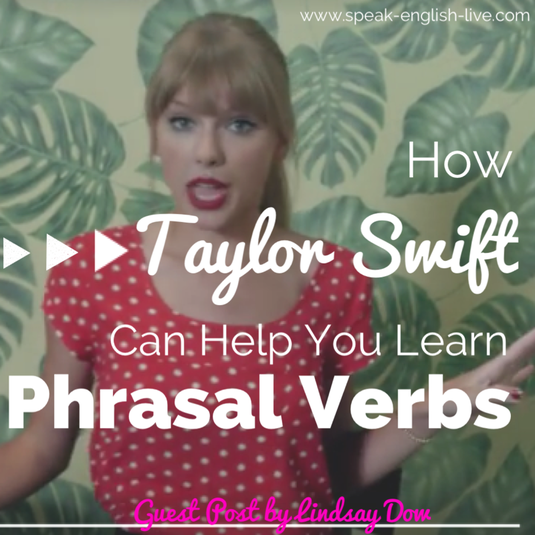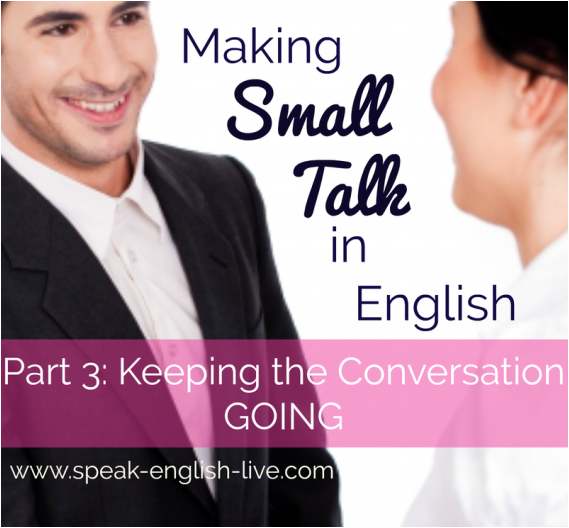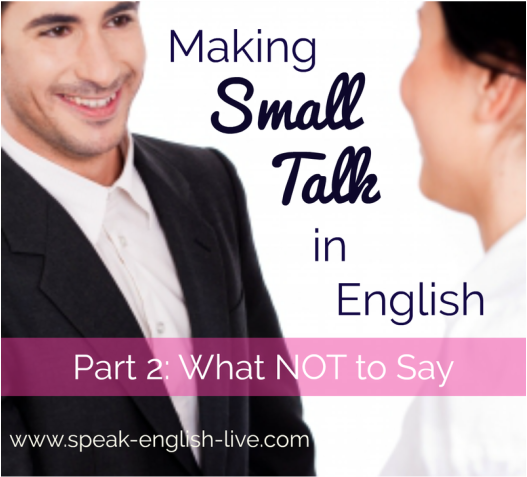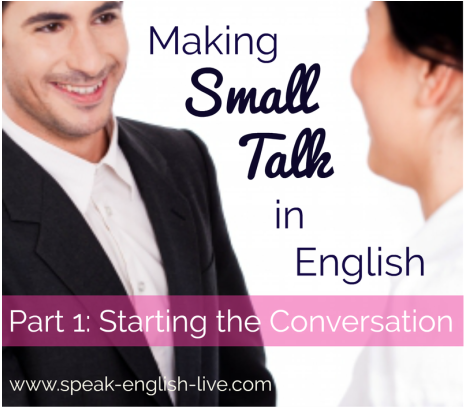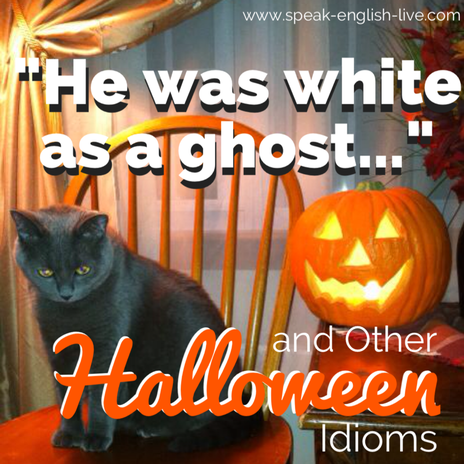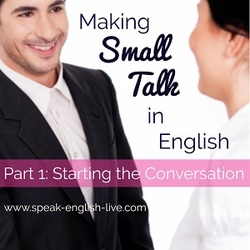|
Today I've got another guest post for you! Lindsay Dow is my guest writer today. She is a professional English teacher and language learning blogger. Lindsay is a polyglot herself (speaker of many languages) and loves sharing her language learning tips on her blog Lindsay Does Languages and around the web.
Read on for Lindsay's article featuring Taylor Swift and a fun way to learn phrasal verbs. .................................................................................................................................................................... Hello! I'm Lindsay Dow and I blog, teach, and make videos about language over at Lindsay Does Languages. Sabrina has invited me onto her blog today to share a little something about learning phrasal verbs with you. Phrasal verbs are a very important part of spoken English grammar. I know those two words, PHRASAL VERBS, may have you ready to click off from this post, but wait! Phrasal verbs don't have to be painful. In this post, we're going to get a little help from Taylor Swift. Let's go!
0 Comments
Do you ever wish you didn't ever have to make small talk?
Maybe just thinking having conversations makes you nervous. And then once you are talking, you also worry if you are saying the right things, and you worry you are using incorrect grammar and/or strange words. Even worse, you worry that you might forget words all together! You might think, "How can I ever keep this conversation going?" But try not to worry! Remember that even native English speakers sometimes have a hard time with small talk. I’ve often felt uncomfortable when talking to acquaintances (people I kind of know), co-workers and new clients or new students. I’ve thought things like, “Oh no! I’m going to run out of good questions! I'm not going to have anything to to say!” If you've been following this series of articles, you now have reviewed how to start a conversation in English and what NOT to say. Now you need to know how to keep that conversation going! Here are some tips that I use myself (especially when speaking foreign languages) to keep conversations alive and interesting: At my last job as a junior high English teacher here in Mexico, I always felt just a little bit nervous arriving at school.
I felt nervous because even though I'm pretty fluent in Spanish, I wanted to be professional and not make mistakes in Spanish while having simple conversations with the other teachers and the school director. I also knew that it was important for my working relationships that I be able to make casual, friendly small talk with my co-workers. But even though I'm fluent in Spanish, I didn’t grow up in this culture. So another thing I would worry about was whether or not I was talking about an inappropriate subject (something I SHOULDN'T say). One thing that makes small talk easier in your native language is that you pretty much know the best and most appropriate topics to talk about according to your culture. So for Part 2 of this series on small talk, I want to share my understanding of topics and specific questions that you should AVOID while making small talk in English with Americans: Small talk. I get nervous just thinking about making small talk, and I speak English as my first language!
People (okay, maybe even me too!) love to say things like, “Ah! I HATE small talk!” ...or “Why do I have to make small talk?” But, if you want to get ahead in business, it’s important to form relationships, real working relationships, with your co-workers, boss, clients and other people in your field or related fields. And here’s a secret for you: small talk is the basis for being successful in business and in your professional life. The best way to start is with simple conversations. Read on for 30+ professionally appropriate conversation starters: Today I have a guest writer, Sean Morgan, professional English tutor and American accent pronunciation specialist. He currently coaches over 30 students on italki from every continent (except Antarctica!). Read on to see Sean's article on grammar and pronunciation rules for the most used word in the English language: 'THE.' ................................................................................................................................................................... So, you want to improve your pronunciation in English, but you don't know where to start. I’m happy to say that there are universal ways to improve your English pronunciation.
Although each language learner has a unique set of challenges with pronunciation according to their native language and personal abilities, I have noticed a lot of commonalities among non-native English language learners regarding pronunciation. Pronunciation is a vast subject and cannot be covered in one article, so I will give you a great tip that can remove a sizable portion of your accent in a short amount of time: focusing on the word 'the.' Halloween is almost here! I love Halloween. It’s a day when you can wear a weird, funny or scary costume and eat a lot of candy. Over the years, I’ve dressed up as a witch, a belly dancer, Snow White, a cowgirl, a nurse, a Geisha girl and even an old woman - I think that last costume was my favorite!
On Halloween (October 31st), people also decorate their houses. They might put up scary and creepy decorations, or they might put out pumpkins or carved pumpkins called jack o-lanterns. Some people even turn their houses into haunted houses. My parents live in a nice residential area in California, and they get HUNDREDS of kids knocking on their door on Halloween asking for candy. This process of going to different houses and asking for candy is called “trick or treating.” The kids who go trick or treating usually look so cute in their costumes...but some of them wear really scary or gruesome costumes! Feeling scared (or trying to scare someone else) is a big part of Halloween. So this Halloween I’d like to share some spooky idioms and expressions with ghosts, skeletons, witches and all things SCARY. If thinking about English idioms makes you white as a ghost (i.e. so scared that you turn white) don’t worry! All these scary, and not so scary, idioms are explained below: |
Click to Learn About
|
